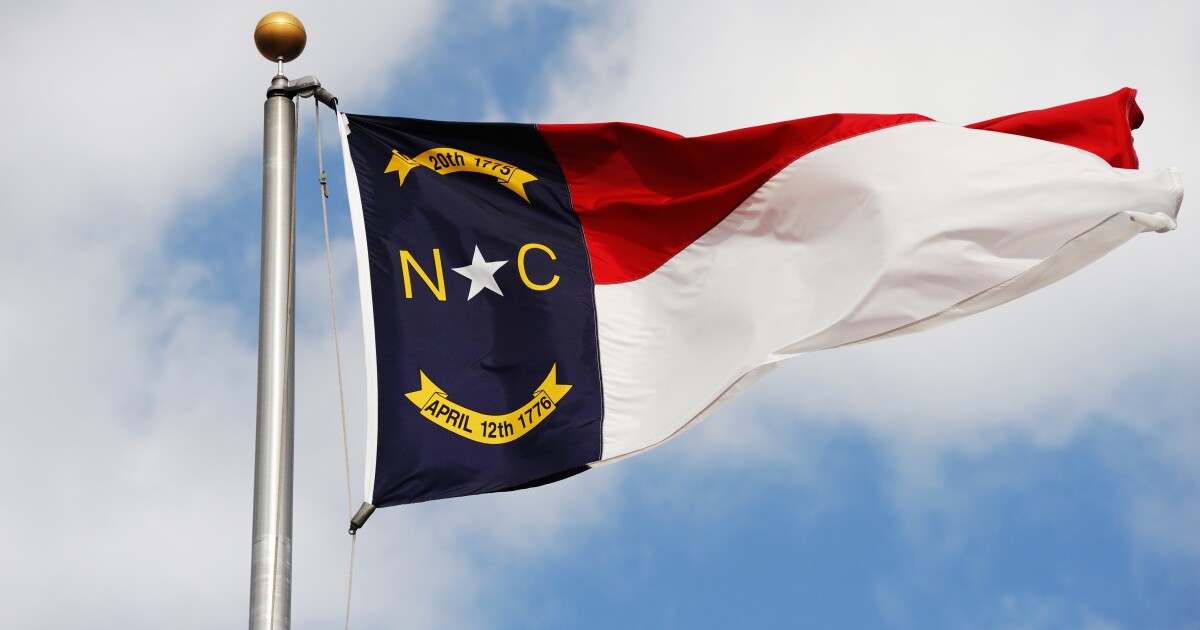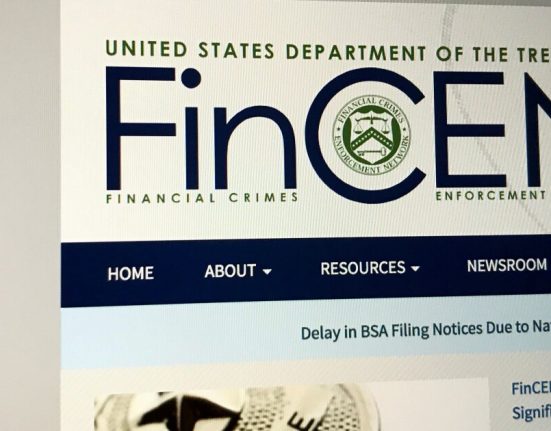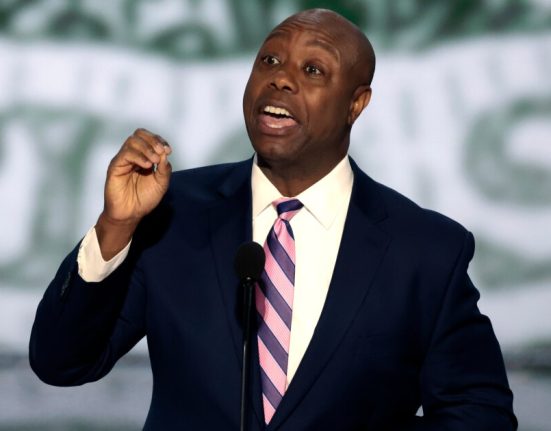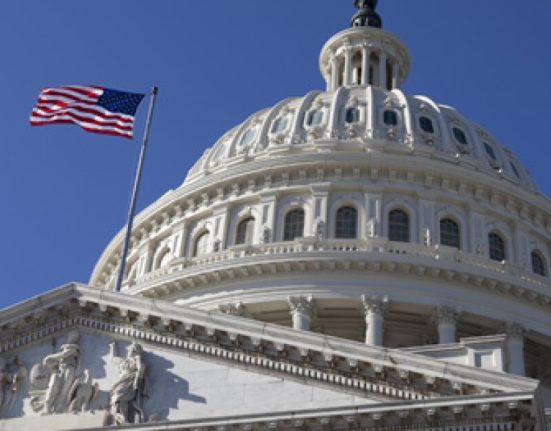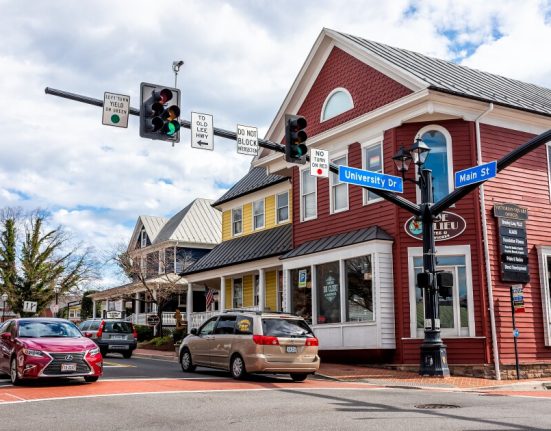/nd700 – stock.adobe.com
Credit unions in North Carolina are campaigning to change state law so they can increase services in so-called “banking deserts” — often rural markets where traditional financial services are sparse.
Bank advocates in the Tar Heel State, however, say such a change could open the door for credit unions to expand far beyond their limited fields of membership.
At the urging of the Carolinas Credit Union League, the North Carolina House of Representatives this week passed a measure intended to expand financial service options in geographic areas with few, if any, bank branches. The bill passed by a 101-11 margin, with its sponsors saying it would allow credit unions to become alternatives to costly financial service providers such as payday lenders and check-cashing businesses.
“This is straightforward for me,” Republican state Rep. Julia Howard, one of the sponsors, said in a statement. “Bank branches are leaving rural North Carolina, and we have credit unions that want to better serve those communities but need government permission to do so. This bill grants credit unions that permission.”
In recent years, North Carolina’s most economically distressed counties have lost nearly 40% of their bank branches, according to the Carolinas Credit Union League. The group estimates there are now 650 fewer branches statewide than there were in 2013 — following years of consolidation in the banking industry.
“We know that when communities don’t have access to branches, consumers turn to high-cost lenders like check cashers and finance companies,” Billy Boylston, senior vice president of advocacy for the credit union group, said in a press release. “Credit unions in North Carolina and across the country want to serve these communities that banks are leaving behind — that’s what our work on this bill is all about.”
The measure next goes to the North Carolina Senate. Similar legislation passed the state’s House in each of the last two years but failed to muster support in the Senate. This month, the North Carolina Bankers Association tripled down on its opposition, saying the legislation would open a path for credit unions to expand wherever they want and broadly circumvent field-of-membership limits.
“This bill essentially allows anyone, anywhere to be a member of a state-chartered credit union in North Carolina,” the association’s CEO, Peter Gwaltney, told American Banker. “That would include businesses. It basically creates tax-exempt banks, and we just don’t think that’s good public policy.”
Credit unions are exempt from paying federal taxes in order to serve people of modest means with a common bond. Bankers argue that credit unions are
Gwaltney said the legislation sailed through the North Carolina House, where “there was no discussion, literally none. We weren’t allowed to speak.”
But the state Senate tends to move more methodically, holding multiple hearings, he said. “That’s where we will again focus our opposition.”
Gwaltney did not dismiss the challenge of banking deserts, saying they exist in North Carolina just as they do in most states. They largely emerge, he said, as residents migrate to cities, and rural communities lose population. This makes it difficult for banks to profitably operate some branches, which ultimately leads the banks to consolidate one branch’s accounts into a neighboring location. Mergers tend to speed up that process.
That noted, credit unions in North Carolina have made similarly difficult decisions to close branches, Gwaltney said.
While no credit union has bought a bank in North Carolina yet, it may just be a matter of time, Gwaltney said. He pointed to the growing trend of credit unions buying banks nationally and, in doing so, effectively becoming banks. Yet they retain their special tax status, which creates an unfair playing field for tax-paying banks, he said.
A record 22 U.S.
At the national level, the Independent Community Bankers of America this month called on policymakers to impose federal taxes on credit unions with more than $1 billion of assets. Many credit unions that have reached that size did so by buying banks, the iCBA said.
“These are the entities that are really abusing their tax status,” ICBA Chairman Jack Hopkins told American Banker this week. “We don’t have a problem with credit unions that have tended just to their missions, but so many haven’t.”

